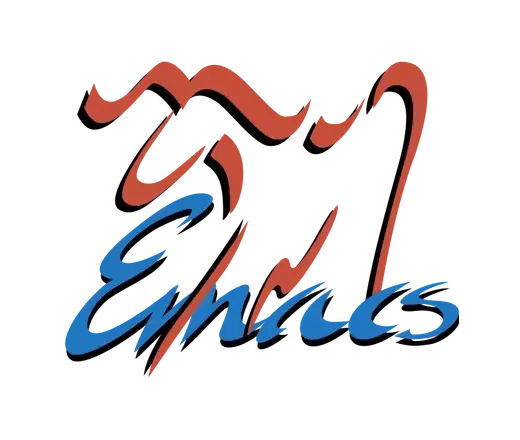I’m a new emacs user and I’ve been using doom emacs for a while now and i’m willing to learn Elisp, but found out that it might not be as easy as it might seem at first, because as i found out, lisp is quite different from other programming languages that i’m used to, especially knowing that i’m not a programmer by any means and my programming knowledge is very little, not mentioning that elisp is pretty old so the learning resources might not be as much as other more popular programming languages
so my question is, Is it worth it?
like what is the level of mastery do i need to achieve to start implementing custom elisp in my configs to enhance my emacs experience?
and how exactly can i improve my emacs experience if i learned elisp?
in other words, how rewarding it would be


It was for me.
After reading Paul Graham wax lyrical about lisp ( see essay Beating the Averages), I wanted to learn a lisp. Emacs is the most practical lisp in the sense that even a small amount of it can do something immediately useful (for emacs), and I wasn’t going to replace R / Python / Fortran with Common Lisp or Scheme for my scientific computing needs.
Not sure it expanded my mind like I had expected in the end. Apart from the homoiconicity and macros, most major ideas introduced by lisp has made its way into other mainstream languages.
But it’s a beautiful language and at least I know now that I’m not missing out on something huge, and that gives me piece of mind (maybe macros are huge and I’m toying with them in Julia at the moment).